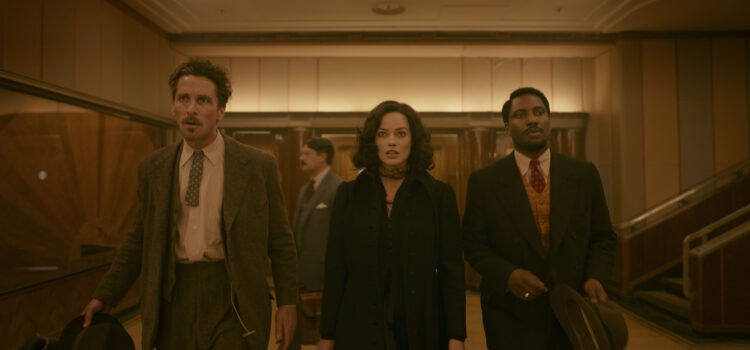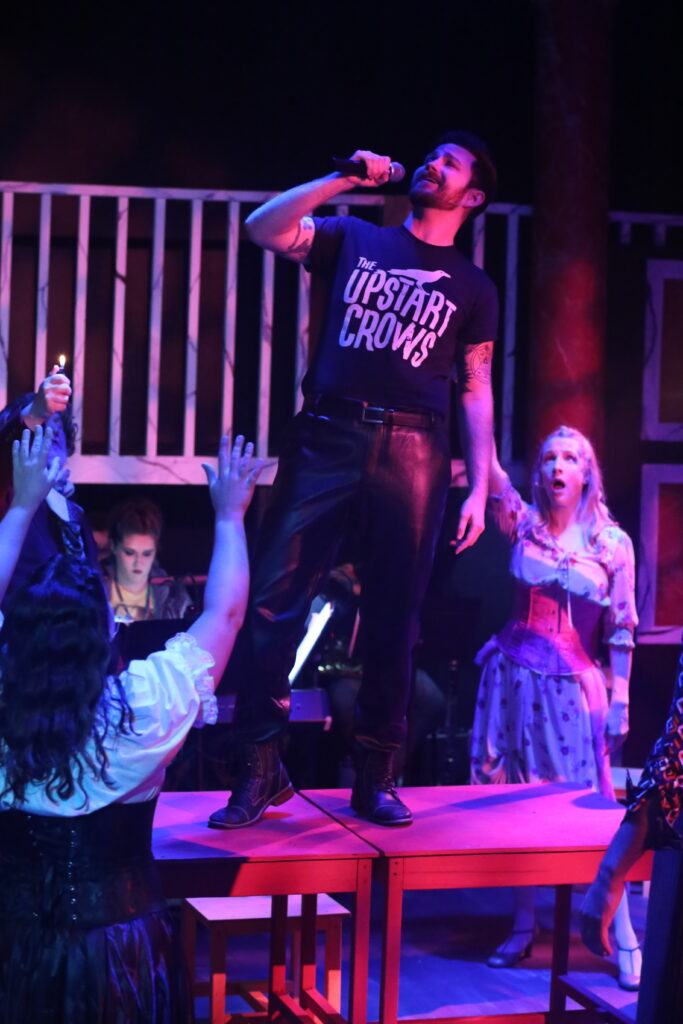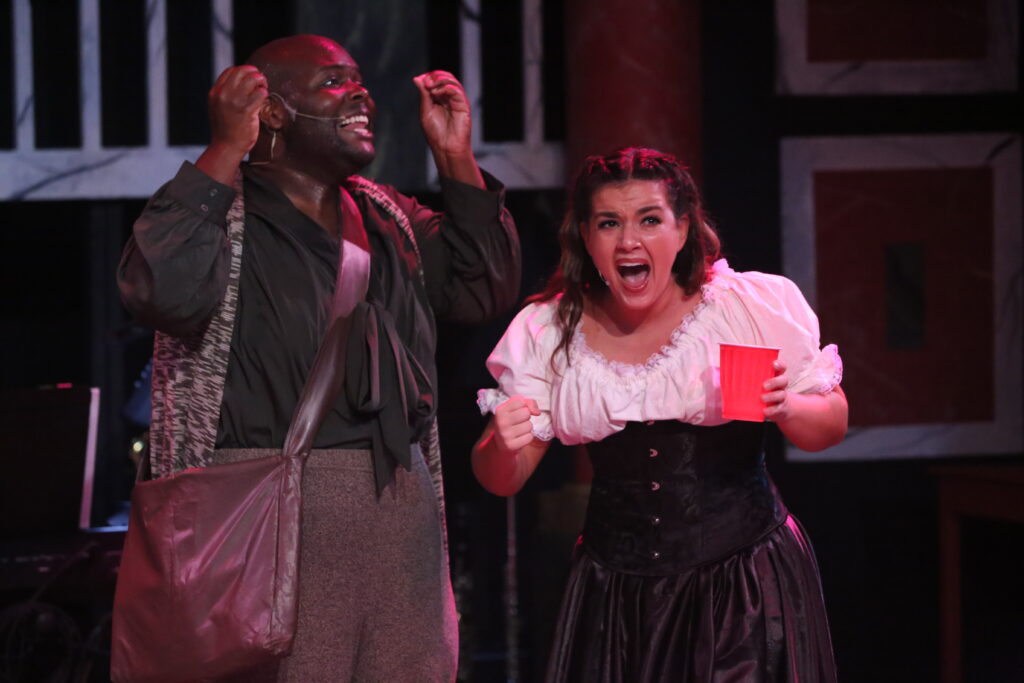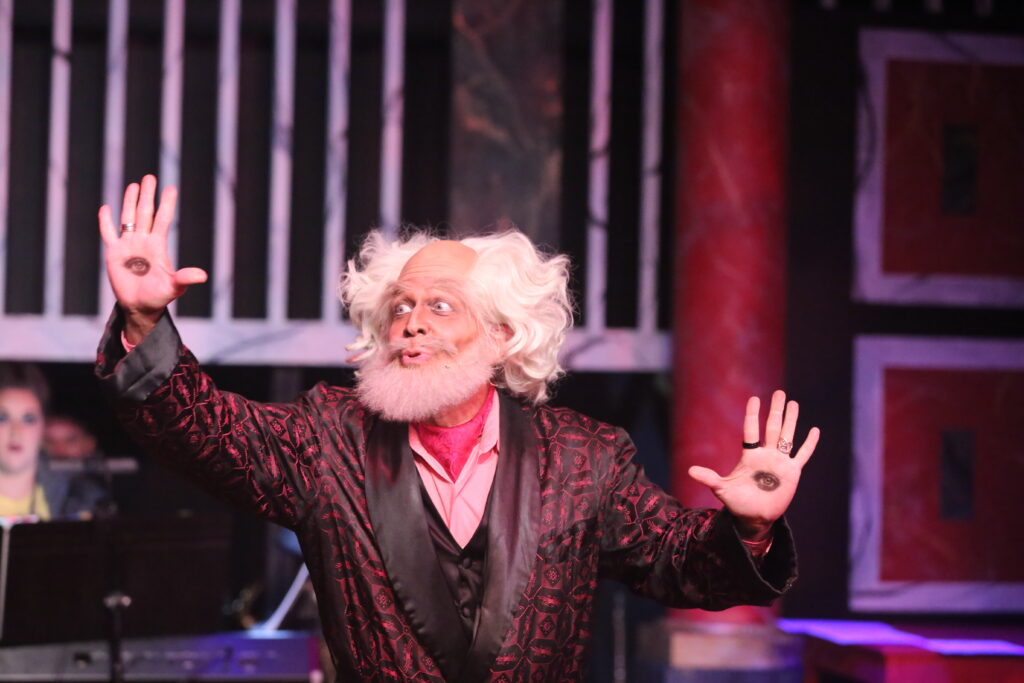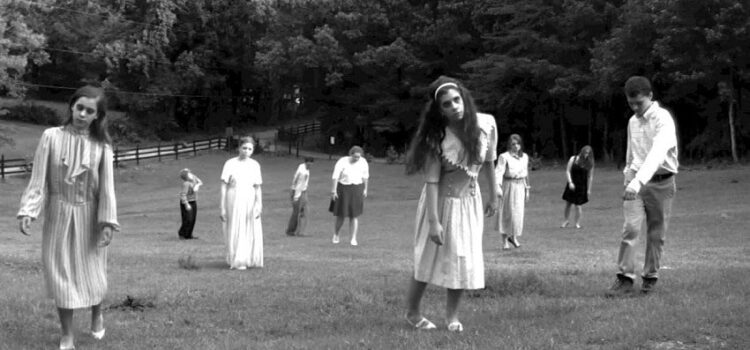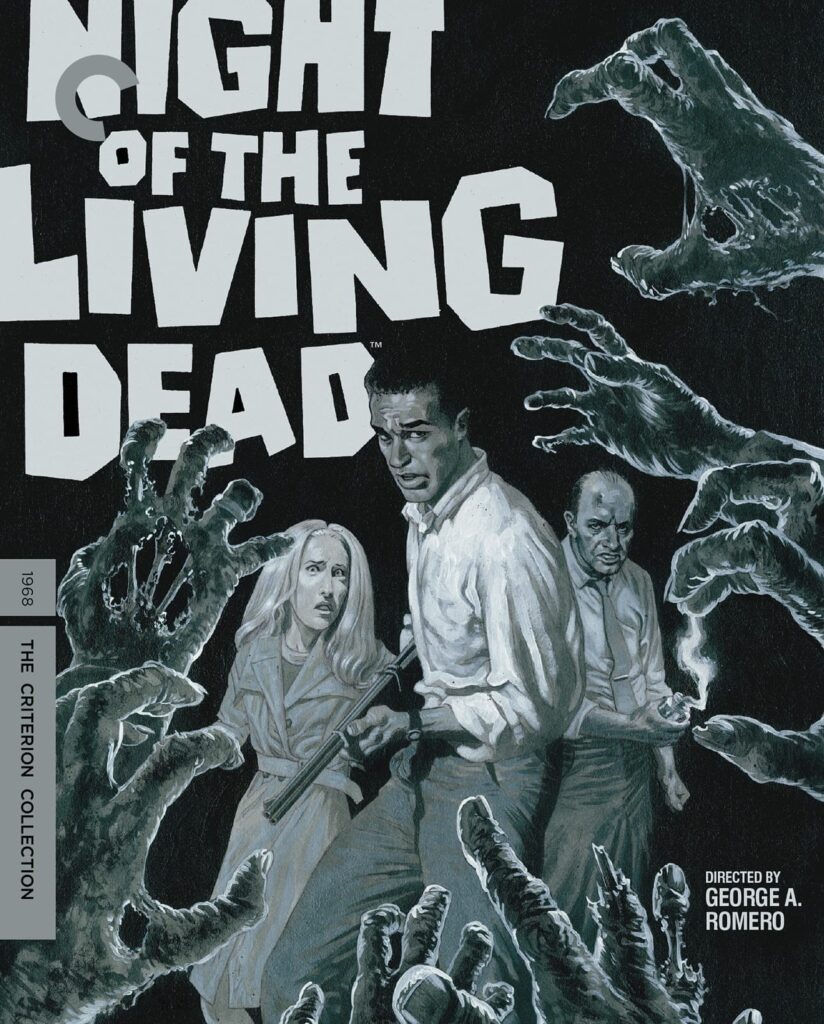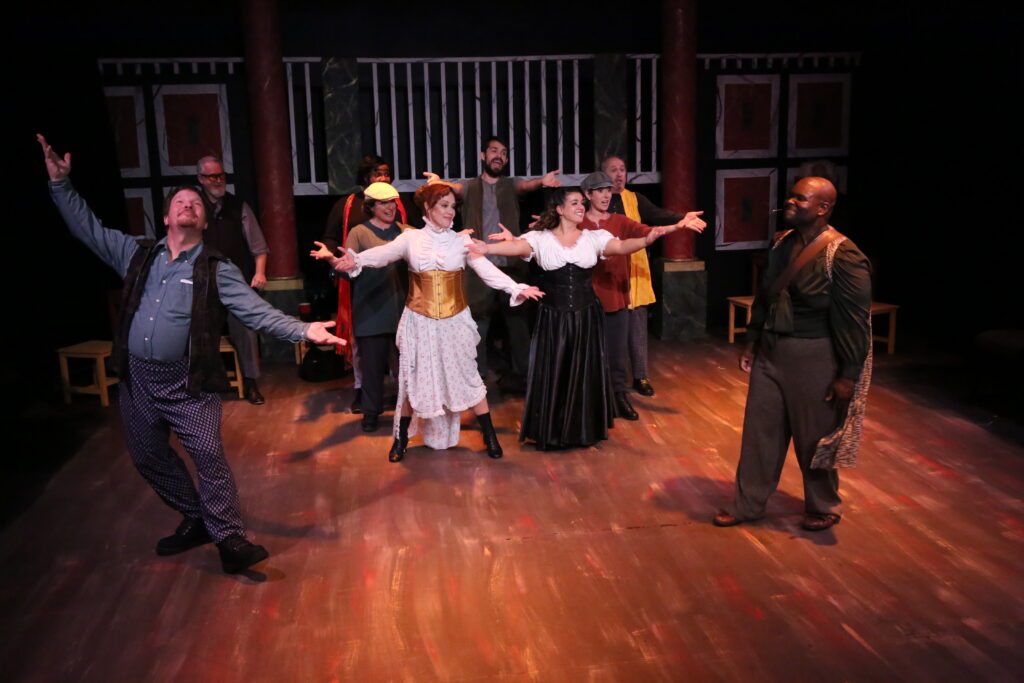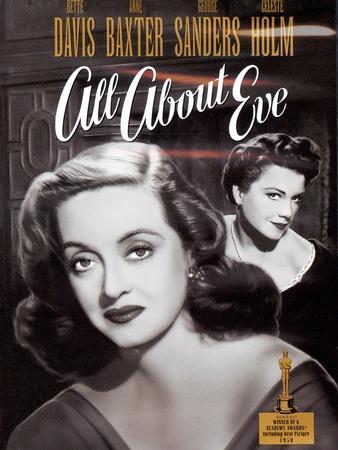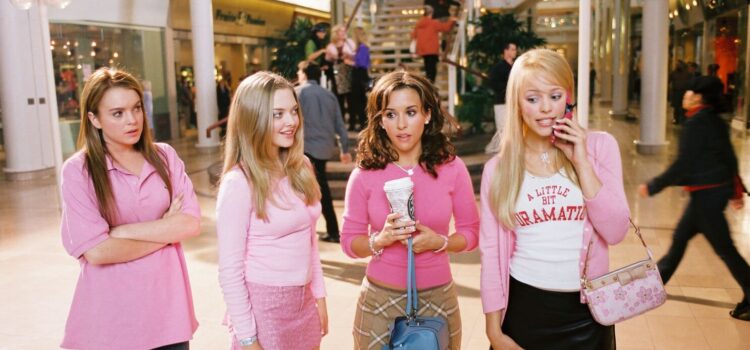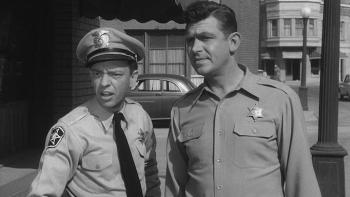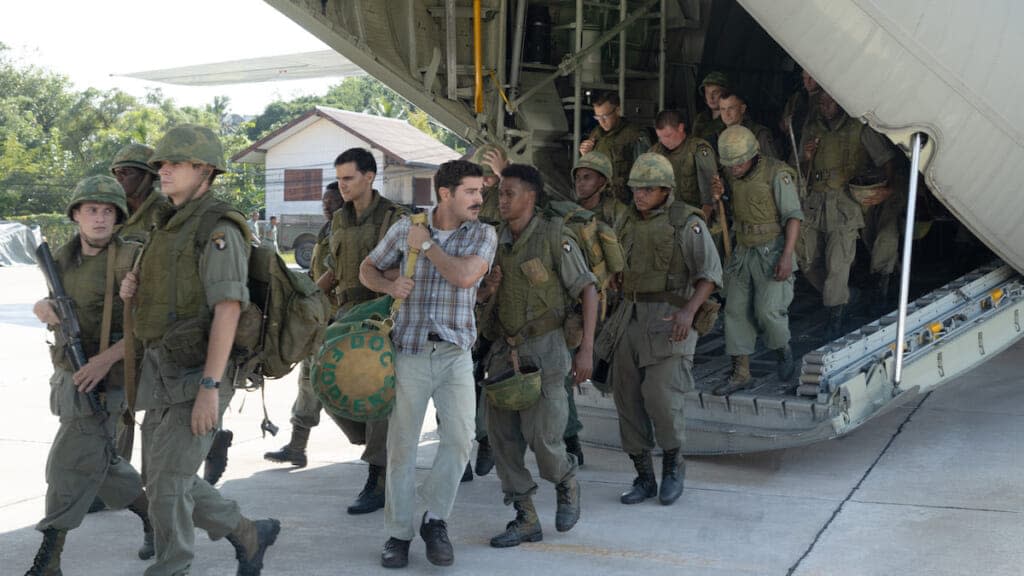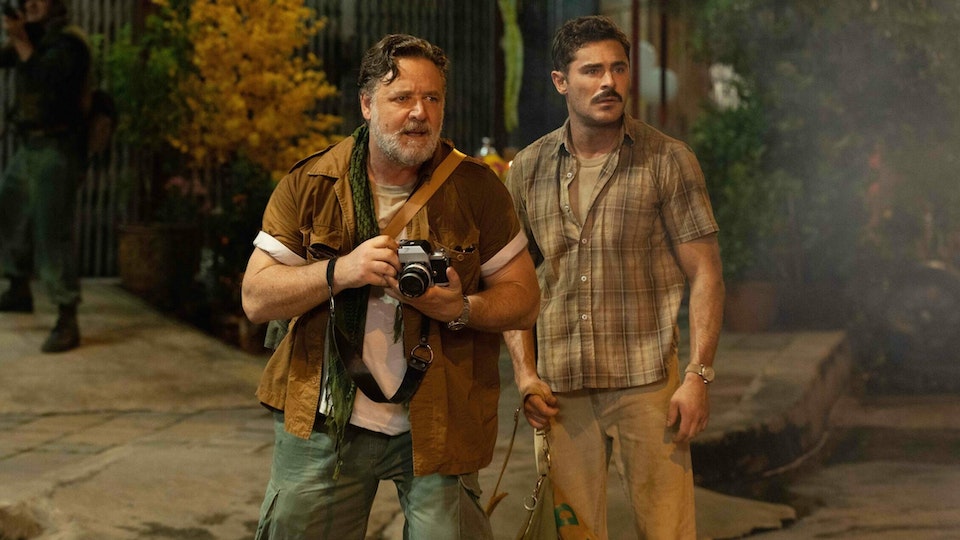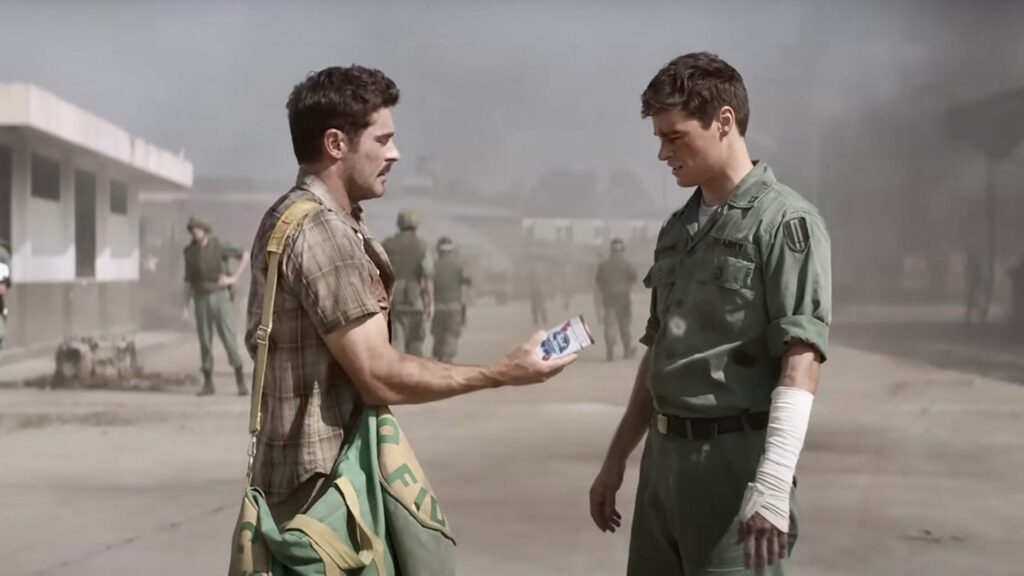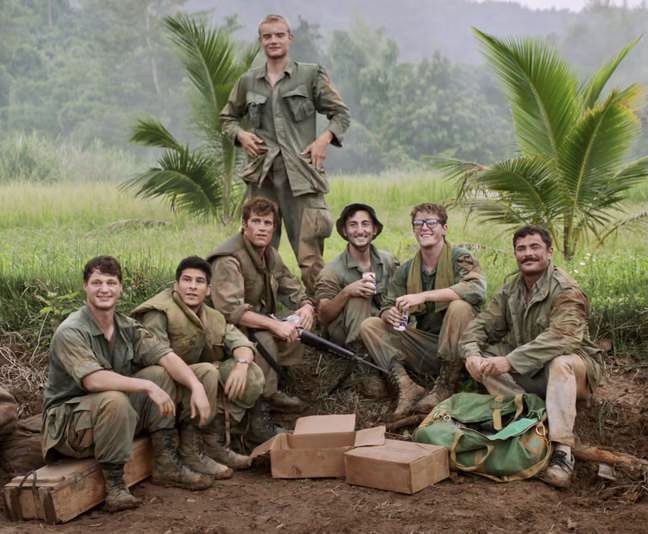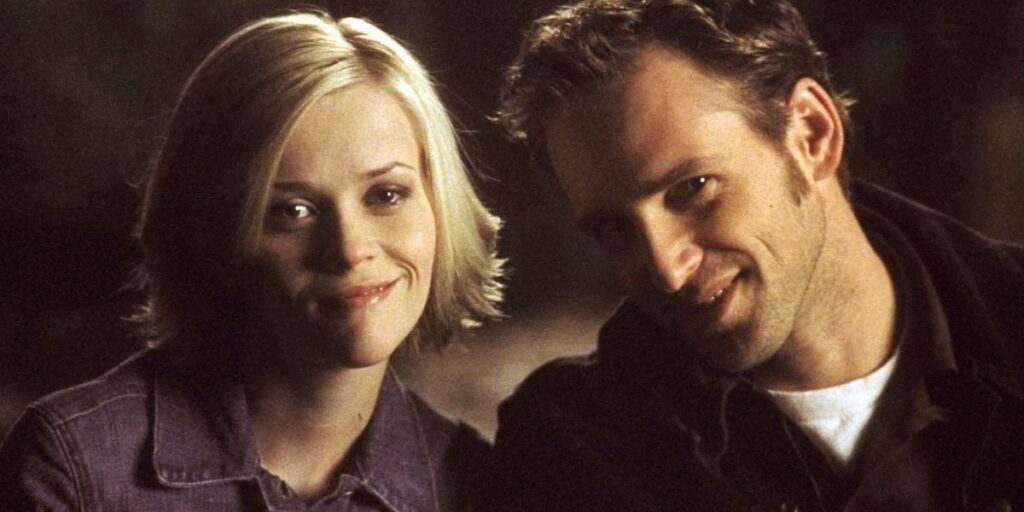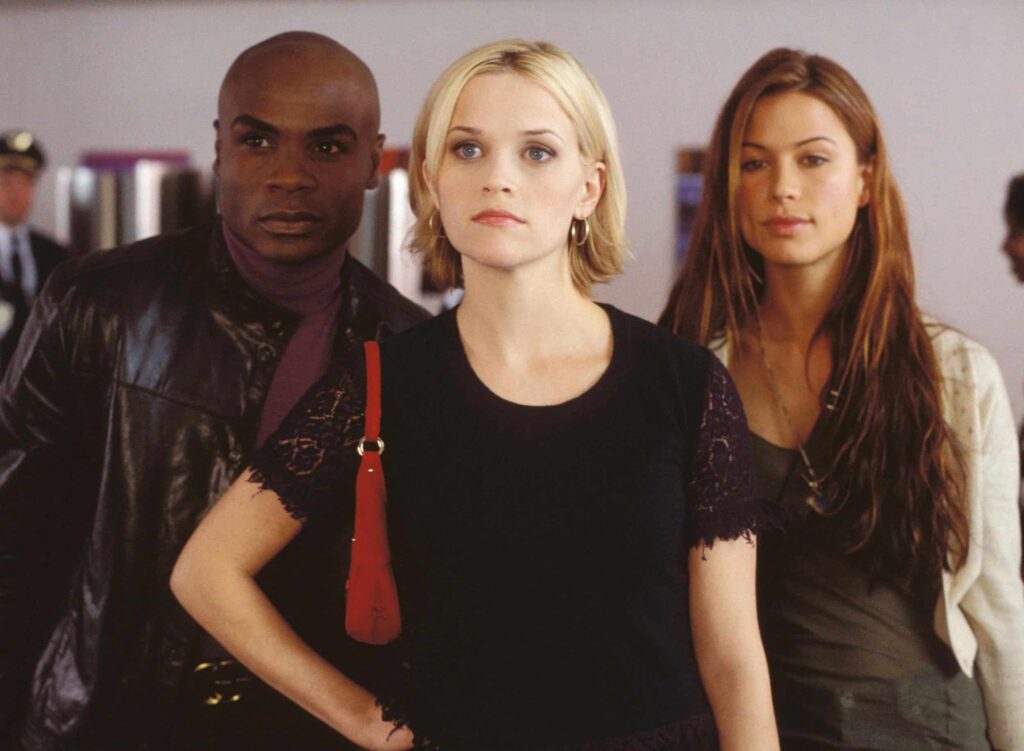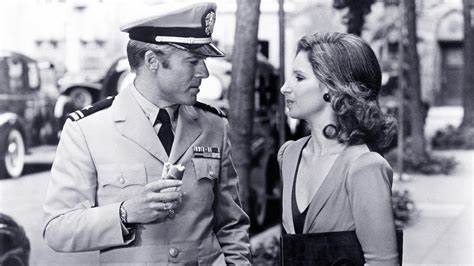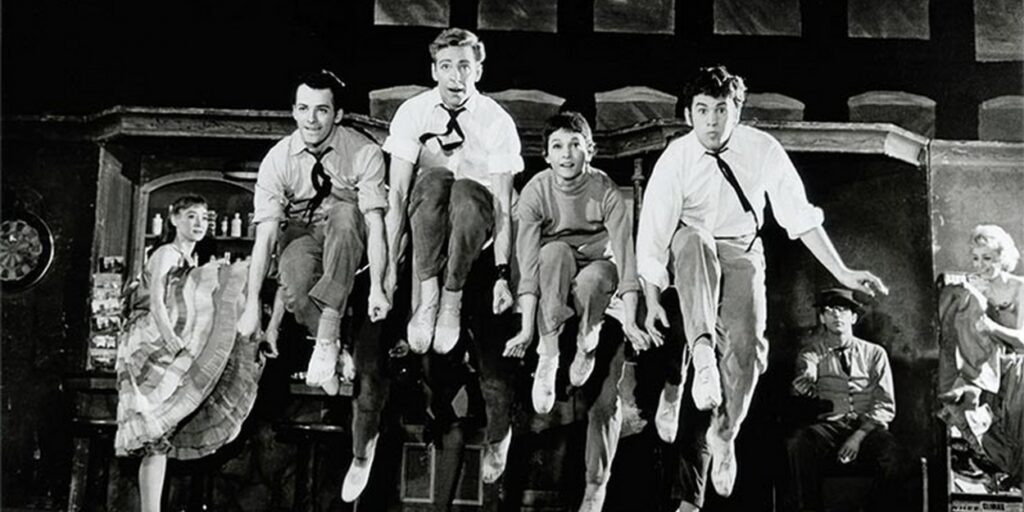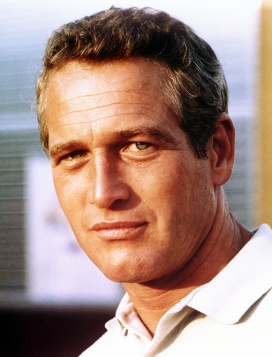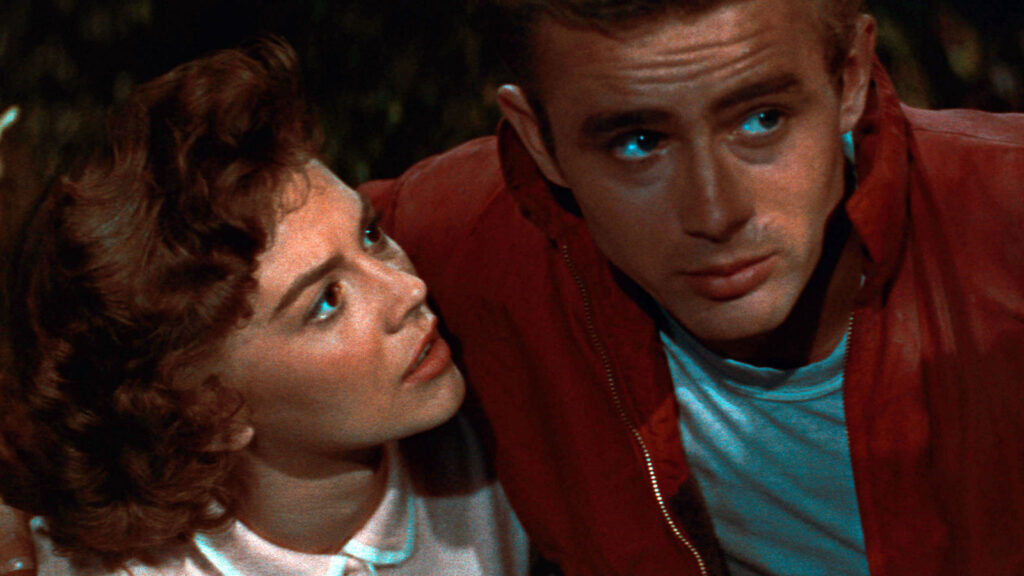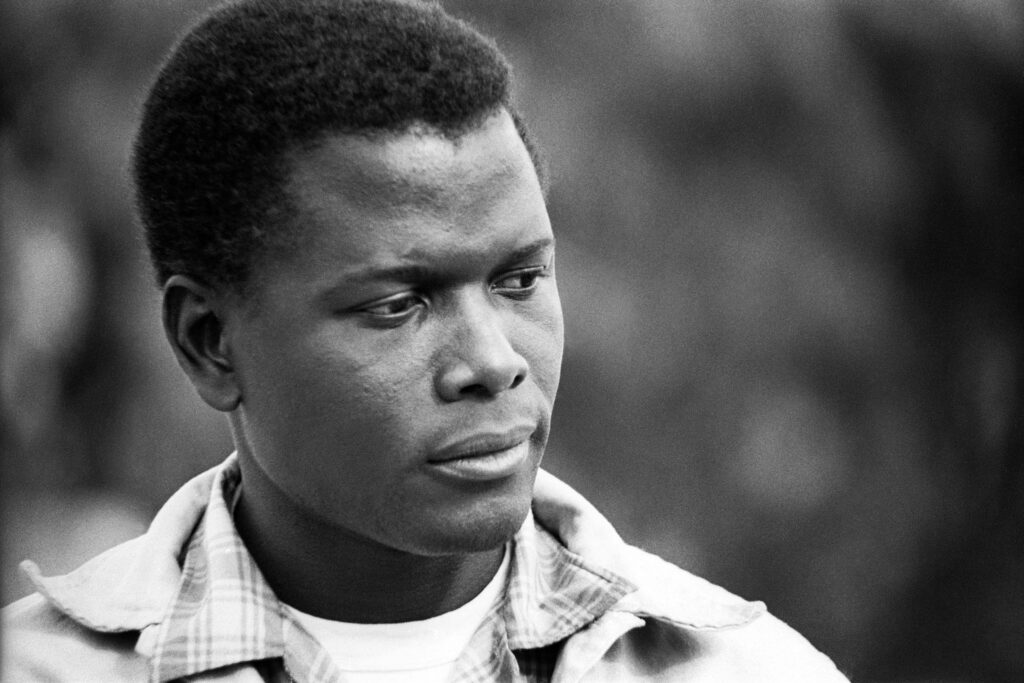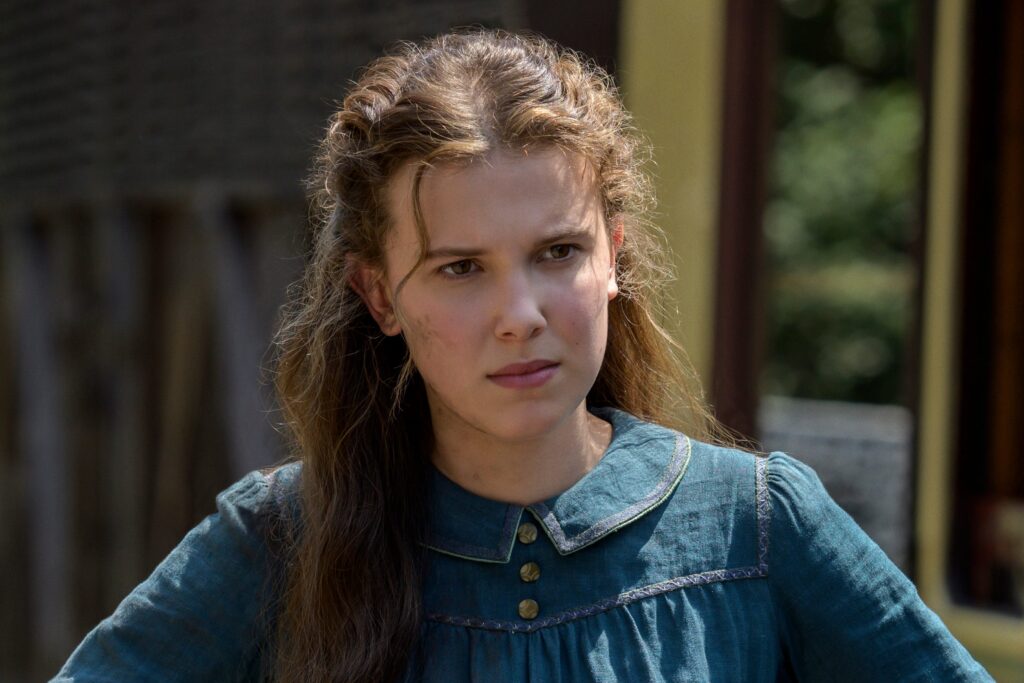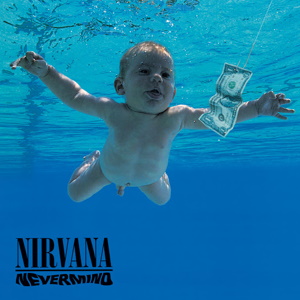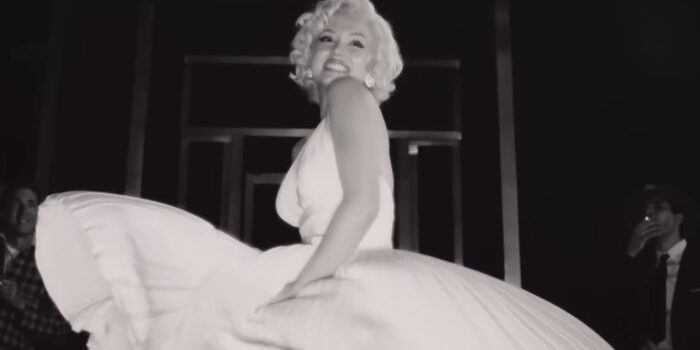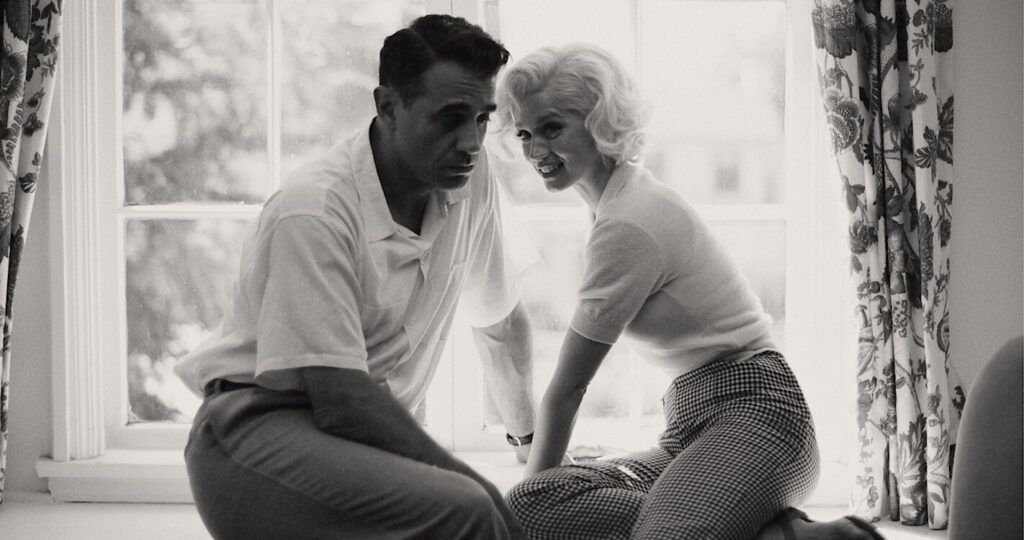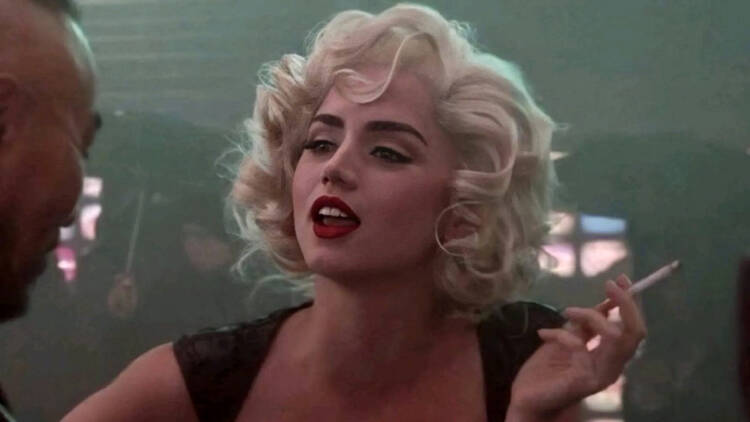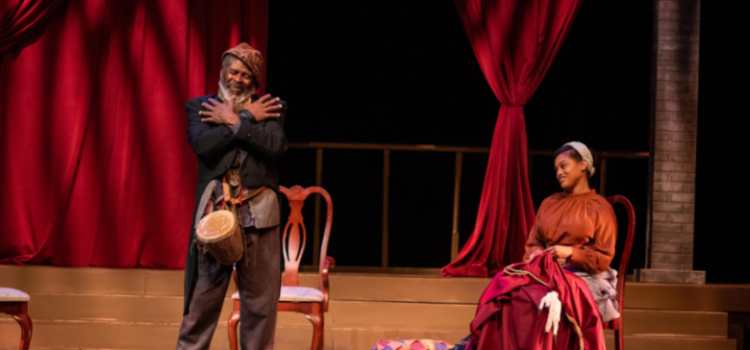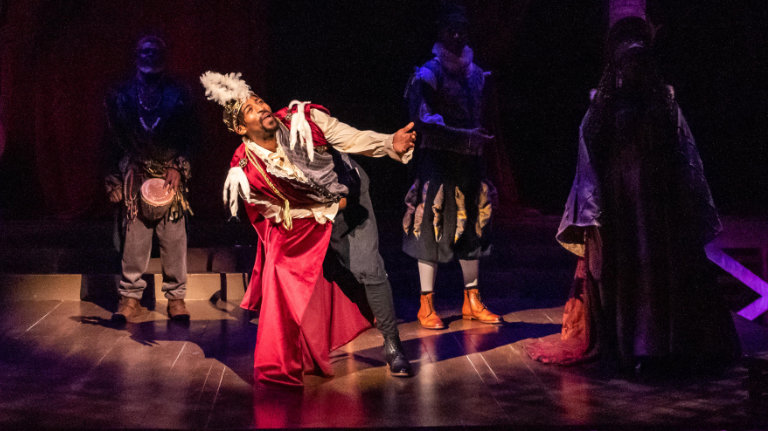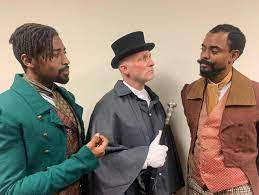How five-time Oscar nominee David O. Russell, director and writer of “Amsterdam,” could squander such a star-studded award-winning cast in one of the most eagerly anticipated fall releases is more of a mystery than this convoluted period piece.
Set in the 1930s, the basic structure is that three friends witness a murder, are framed for it, and uncover one of the most outrageous plots in American history.
Russell, in his first film since the lackluster 2015 “Joy,” has crafted a historical comedy-drama that is not as funny as he thinks it is, which serves as a cautionary tale about the evils of fascism — but is too heavy-handed to be a sharp social commentary.
After a zippy opening introducing a quirky cadre of characters, midway through its 2 hours, 14 minutes’ run time, I thought: “What is this movie about?” “What is going on?” and “Why was this made?” The climax – especially DeNiro’s strong showing as military brass — prevents the story from totally going off the rails, but still, this is a major disappointment.
It’s mind-boggling, really, that you can have a cast, top to bottom, that does quality work but is either under-utilized or poorly drawn. Oscar winners Christian Bale, Rami Malek and DeNiro are joined by Margot Robbie, John David Washington, Chris Rock, Anya Taylor-Joy, Zoe Saldaña, Mike Myers, Michael Shannon, Timothy Olyphant, Andrea Riseborough, Taylor Swift, Matthias Schoenaerts and Alessandro Nivola.
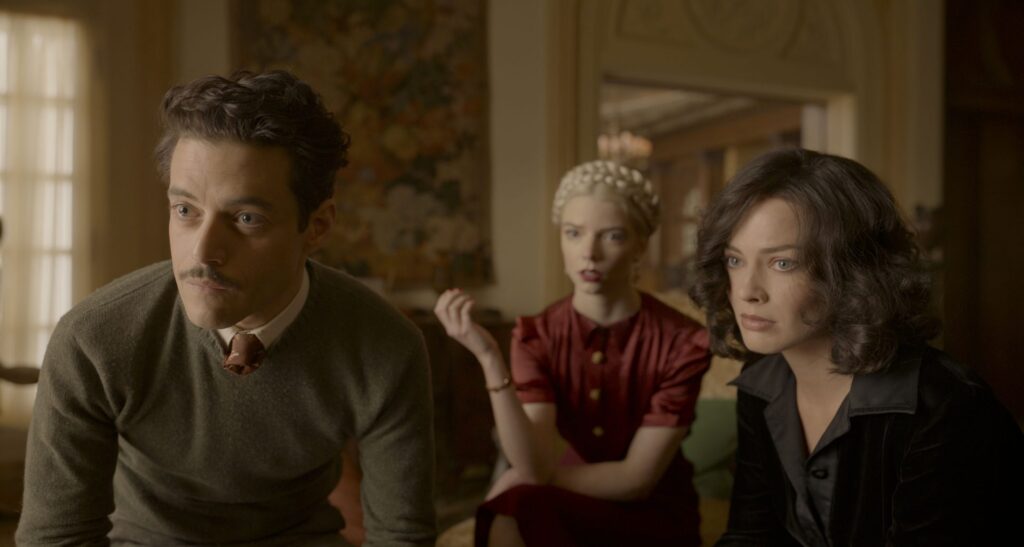
The A-list cast isn’t the problem, for this ensemble gives it their all, but can’t convince us of caring about a messy murder-mystery that reveals political intrigue and nefarious conspiracy theories.
For every attempt at a madcap 1930s screwball comedy, it becomes a chore to sort out what’s credible in the global arena.
Perhaps you have heard of the “Business Plot,” a 1933 political conspiracy to overthrow President Franklin D. Roosevelt so his socialist “New Deal” agenda couldn’t happen. It was funded by a Wall Street coalition of affluent businessmen who wanted to install a dictator instead. Obviously, the plan failed.
Of course, Russell is trying to connect what’s happening now in the U.S. to what took place then, making sure we get the references to the rise of Hitler in Germany and Mussolini in Italy and the resulting White Supremacy – not to mention parallels to Q-Anon conspiracy theorists
When a U.S. Senator is killed, three friends – a doctor (Bale), a nurse (Robbie), and a lawyer (Washington)– who were on the front lines in World War I, are accused of the crime.
Thus begins a race against time and a never-ending parade of eccentricities, undercover agents, and people with a hidden agenda.
As the three friends, the always superb Bale, a well-suited Washington, and a riveting Robbie gel quite nicely, and I think Washington does better in ensembles than he does in some of his leading roles. Robbie excels as a smart and savvy artist who uses shrapnel to craft designs.
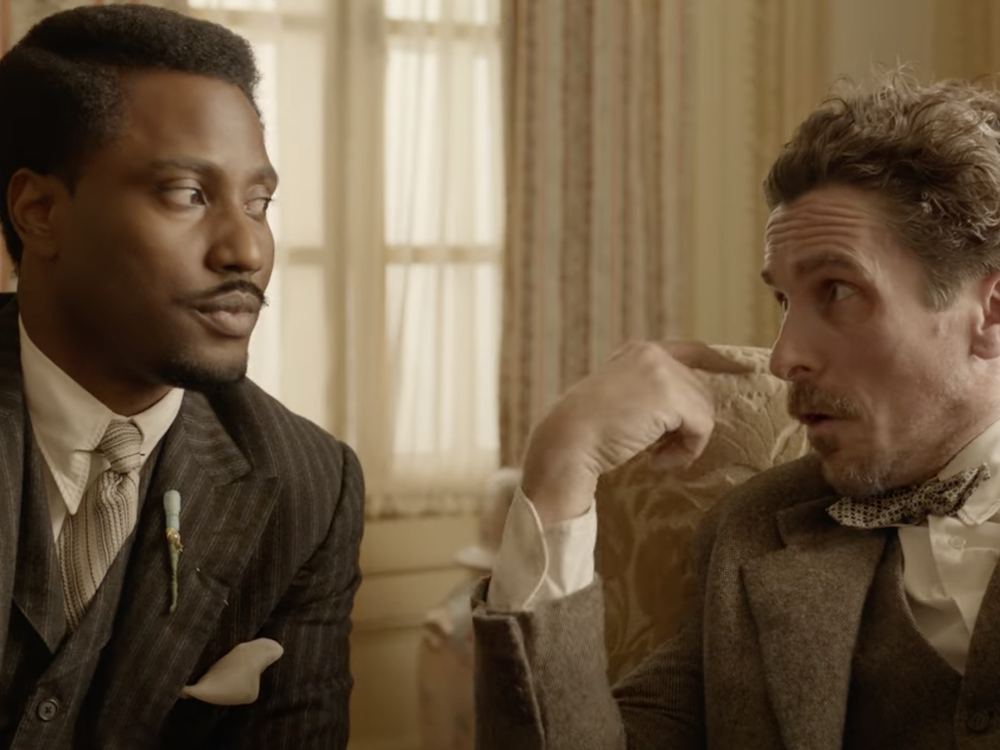
Among the supporting players, Mike Myers and Michael Shannon are very funny as spies who are quite enthusiastic about birds.
At first, the film is reminiscent of Wes Anderson’s distinctive landscapes, in the vein of “The French Dispatch,” but then it unravels quickly because Russell fails to make things cohesive, and the pacing turns sluggish.
Russell was Oscar-nominated as director of “American Hustle,” “The Silver Linings Playbook” and “The Fighter,” and screenwriting for “American Hustle” and “The Silver Linings Playbook.”
However, the look of the film is exceptional. Three-time Oscar-winning cinematographer Emmanuel Lubezki, who often collaborates with Alfonso Cuaron (“Gravity,” “Birdman” and “The Revenant”), makes the night settings glow and his overall look is striking.
Costume designers J.R. Hawbaker and Albert Wolsky outfit the characters in stunning vintage attire while production designer Judy Taylor has enhanced the European settings in fitting details.
Despite those elements and an all-in cast, this movie lands with a thud.
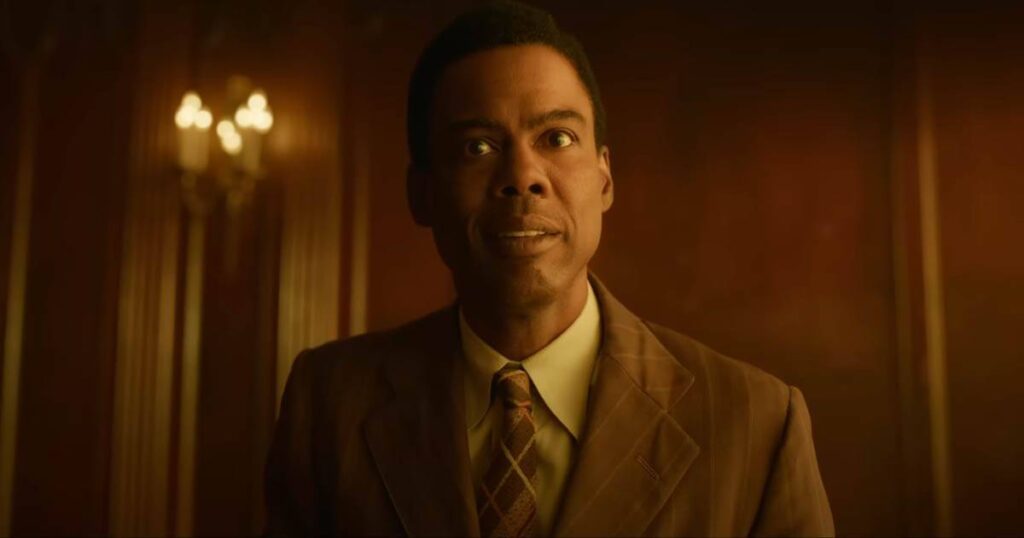
“Amsterdam” is a 2022 comedy-drama-mystery written and directed by David O. Russell and stars Christian Bale, John David Washington, Margot Robbie, Chris Rock, Anya Taylor-Joy, Zoe Saldana, Rami Malek, Robert DeNiro, Mike Myers, Michael Shannon, Timothy Olyphant, Andrea Riseborough, Taylor Swift, Matthias Schoenaerts, Alessandro Nivola It is rated R for brief violence and bloody images, and has a run time of 2 hours, 15 minutes. Lynn’s Grade: C-

Lynn (Zipfel) Venhaus has had a continuous byline in St. Louis metro region publications since 1978. She writes features and news for Belleville News-Democrat and contributes to St. Louis magazine and other publications.
She is a Rotten Tomatoes-approved film critic, currently reviews films for Webster-Kirkwood Times and KTRS Radio, covers entertainment for PopLifeSTL.com and co-hosts podcast PopLifeSTL.com…Presents.
She is a member of Critics Choice Association, where she serves on the women’s and marketing committees; Alliance of Women Film Journalists; and on the board of the St. Louis Film Critics Association. She is a founding and board member of the St. Louis Theater Circle.
She is retired from teaching journalism/media as an adjunct college instructor.

